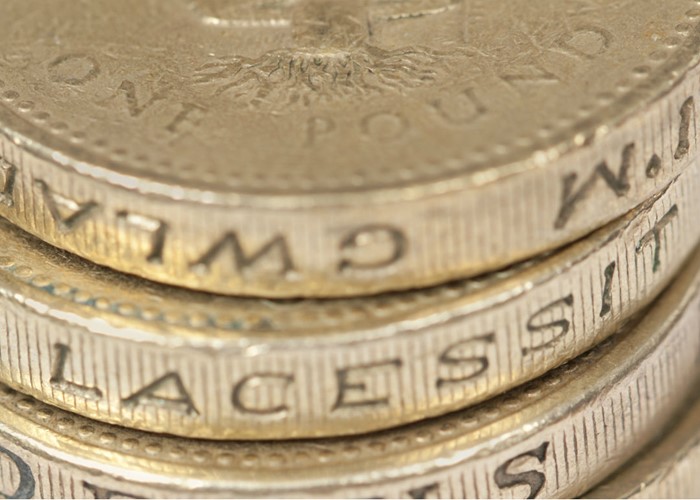3p per £1 goes to fraudsters

With £21bn of our money being taken by tax, benefit, TV licence and NHS fraudsters every year, let's see what the government is going to do about it.
I once put significant time and money into trying to put an end to an investment fraud website before it could cause any harm. Over two months I pestered 13 organisations that claim to fight fraud, including the Financial Services Authority, the police e-Crimes Unit, the National Fraud Authority, the Office of Fair Trading, the National Fraud Intelligence Bureau and Scambusters.
It turned out that none of them had the power, the will, the resources, the sympathy, or the modest amount of lateral-thinking ability required to stop the scam. They did nothing except pass me around between them. I have rarely felt so frustrated, which is saying something, since I'm often tasked with trying to draw information from banks, energy suppliers, and similarly wonderful organisations.
Some of these fraud-fighting bodies have prevention in their remit, yet none of them are willing to attempt anything against investment scams until they receive lots of reports from people who have already been scammed – even though they acknowledge that it is rare for any money to be recovered after the event.
Now we turn to public-sector fraud
Investment scammers take a massive £680m a year, according to the Office of Fair Trading. However, the government puts public-sector fraud at £21bn, which is 3p for every pound the government spends. It's also 55% of the nation's total fraud loss.
Here are some of the larger elements of public-sector fraud:
Major public-sector fraud
|
Fraud type |
Fraud loss |
|
Tax evasion |
£15bn |
|
Procurement fraud |
£2.4bn |
|
Housing tenancy fraud |
£900m |
|
Benefit fraud |
£1bn |
|
Grant fraud |
£520m |
|
Tax credits fraud |
£460m |
|
Television licence fee evasion |
£200m |
|
NHS patient charges fraud |
£165m |
|
Council tax fraud |
£90m |
Tax and benefit fraud is by far the biggest area of concern, with an estimated £15bn of cheating going on. Procurement fraud is the next largest area, where £2.4bn is being conned from the taxpayer through secretly fixed prices between suppliers and government buyers, or through false invoicing.
If you're wondering what grant fraud is, it is usually fictitious individuals or organisations claiming government grants, or simple misuse of awarded funds. The NHS is defrauded when patients falsely seek exemption from charges or falsely seek entitlement to free services, such as by pretending to be on income support to avoid paying prescription charges.
The Government takes action
A new body, the Counter Fraud Taskforce, has recently started operating to recover some of this fraud and it has just given its first interim report.
Related how-to guide

Cut your tax bill by thousands
Tax may be an inevitable fact of life, but there’s no reason to pay more than you have to!
See the guideThe taskforce ran eight pilot projects utilising better credit checking, more data analytics, and behavioural science. These are the kind of simple techniques that appear to be lacking in counter-investment scam operations. The pilots have already saved more than £11m in tax and credit fraud, with possibly around £2m more to come.
Furthermore, unlike the taskforce's many counterparts looking at investment scams, most of these savings were prevented before they happened. Indeed, the interim report states clearly: “Investment and resource should go into prevention, not just detection and punishment.”
The £11m of savings came from a £1m investment in a new screening technique, which Revenue & Customs applied to just 4,000 tax credit applications in the pilot scheme. The taskforce's report claims another £2m of savings, although some of this has just been identified and not yet recovered. These savings were found in the Department of Work and Pensions, the Department of Transport and the Home Office.
By rolling out these schemes across the public sector, the taskforce estimates it will save an average £375m per year over the next four years. It is essential that these extrapolations do not prove too optimist. An extra £900m of taxpayers money has been ploughed into tackling tax fraud by the new Government, so we need large annual savings to make the cost worthwhile.
Even so, around £10m in preventing public-sector fraud is probably about £10m more than we've prevented in investment frauds, so we have reason to feel positive.
More: Avoid tax without fraud – compare tax-free savings accounts | Nick Clegg's bonkers bank bribe | The hardest city to get a job in
Comments
Be the first to comment
Do you want to comment on this article? You need to be signed in for this feature